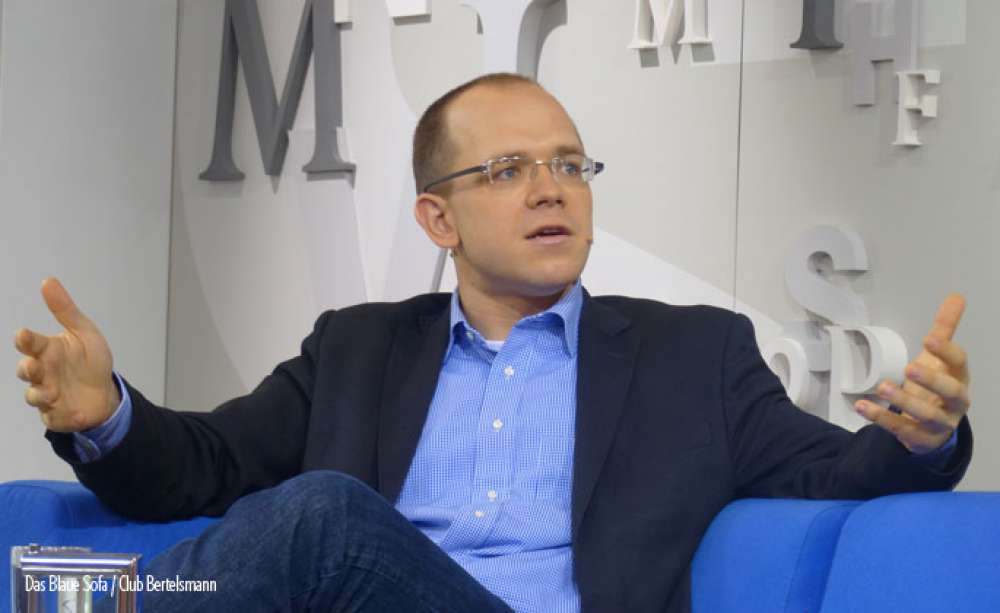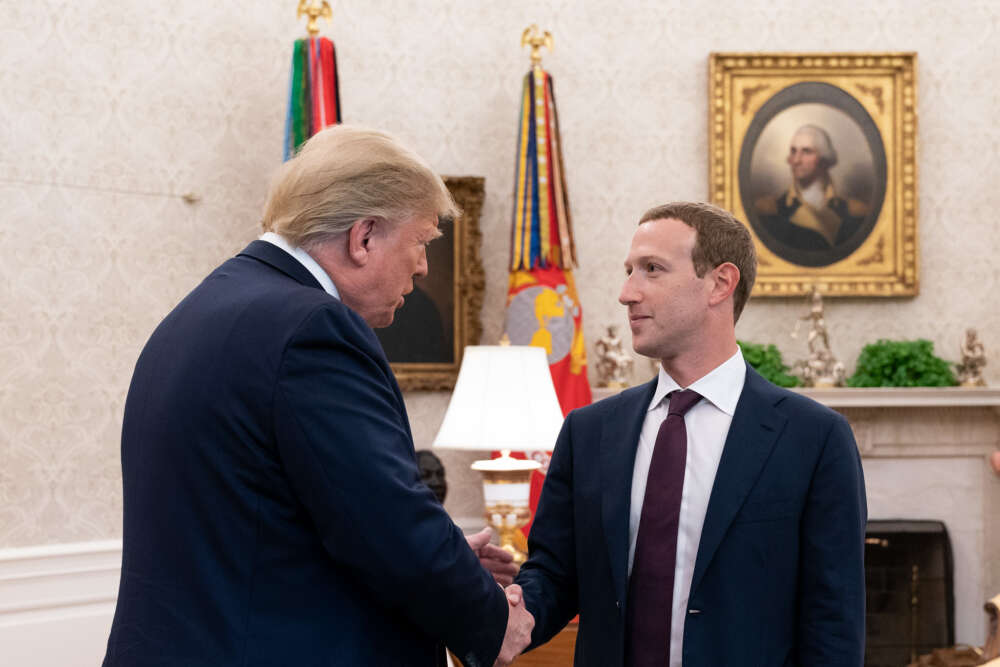Blinded By Rage Against US Digital Hegemony: What Morozov Gets Wrong About “Technological Sovereignty”

“US tech hegemony is making ‘technological sovereignty’ one of the top geopolitical issues of 2015.” So goes Evgeny Morozov’s prediction for the new year. And true to form, the serial provocateur serves up an op-ed to trigger a debate on the topic. Unfortunately, Morozov is so in love with his own provocations that he loses his grip on the topic both analytically and normatively. This is a pity since he does get two important things right. First, US digital supremacy triggers counter-reactions by other powers growing mindful of their perceived lack of “technological sovereignty.” Second, the US now stands on shaky ground when defending its supremacy by presenting itself as the guardian of the “free and open Internet.” As Morozov points out, many countries are not afraid of a “balkanization“ of the internet as a consequence of pursuing a more independent path. They merely see it as a much-needed “de-Americanization” of the web.
Precisely because of these two important trends, it is worth looking at measures put forward in the name of “technological sovereignty” in greater detail. Policymakers in Brazil, the EU, China and Russia have all used the term (or variants such as “digital sovereignty”) to justify measures as diverse as local routing and data storage requirements, new undersea cables and bans on the use of certain services such as Gmail, Facebook and Twitter. Unfortunately, Morozov’s piece contributes nothing to a more nuanced understanding of this heterogeneous landscape.
For someone with a demonstrated passion for Ideologiekritik, Morozov does little to dissect the murky term that is “technological sovereignty” (a term that gets even murkier if you use it interchangeably with “information sovereignty” as Morozov does in his piece). It is for good reason that none of the policymakers using the term have thus far offered a precise definition. This allows them to sell a host of measures under this label. So it is all the more important to unpack the uses of the term and to dissect the stated goals, the underlying motives as well as the effectiveness of the measures proposed and their potential side effects.
GPPi and New America’s OTI tried to do exactly that in a recent study that looks at technological sovereignty proposals that have emerged in the European Union following the Snowden leaks in 2013. Different goals and motives do matter. There are at least five different motives to introduce measures for greater “technological sovereignty.” The first three are protecting government secrets, industry secrets and the data of citizens against espionage and foreign surveillance. The fourth goal is to support domestic digital industries in a competitive global marketplace. The fifth is greater government control over the digital lives of its own citizens.
It is easy to see why the fifth goal is very different from the other four. But for Morozov they are all the same. He discusses China’s and Russia’s crackdown on internet freedoms in the name of “technological sovereignty” in the same breath as Brazil’s plan to build new undersea cables that bypass the US. Even worse, he also ends up justifying the actions of authoritarian states such as China and Russia. He says that these countries “are simply responding to the extremely aggressive tactics adopted by none other than the US” and that “their actions are proportional to the aggressive efforts of Washington to exploit the fact that so much of the world’s communications infrastructure is run by Silicon Valley.”
So cracking down on your own citizens is a “proportional” response to whatever misgivings a country has about the uneven distribution of digital power in the world? It takes a very distorted sense of proportions to arrive at this conclusion – one that sees “concerns over domestic unrest” as a legitimate reason to “exert more control over digital properties” (as Morozov implies toward the end of his piece). Why this moral equivalence of democratic and authoritarian regimes?
Morozov holds that “rhetorically, it is very hard to oppose government-run digital surveillance and online spin in Russia, China or Iran, when the US government probably does more of it than all of these countries combined.” Let us leave aside the questionable metrics on which Morozov bases this statement. It is certainly true that the recent leaks on US surveillance and offensive cyber capabilities undermine the US’s standing as a champion for an open and free internet. But that does not mean that democratic countries such as the US cannot and should not oppose authoritarian crackdowns such as China’s one-party system tightening the screws of censorship and surveillance and Russia trying to ban the use of Facebook by opposition forces.
Certainly, independent analysts and public intellectuals have a duty to speak out if they are serious about the values of liberal democracy and open society. It is perfectly possible to rally against hypocritical behavior of democracies such as the US, the false promises of Silicon Valley and the abusive behavior of autocratic regimes. Unless, of course, you are so blinded by your rage against the power of Silicon Valley that you see anyone willing to stand up to US power as an ally. This seems to be the case with Morozov.
There is a historical precedent for this: Western leftist intellectuals so disenchanted with their own capitalist societies and so desperate for an alternative that they ended up legitimizing real communism with all its abuses. In the debate on “technological sovereignty” we should not fall into the same trap.







